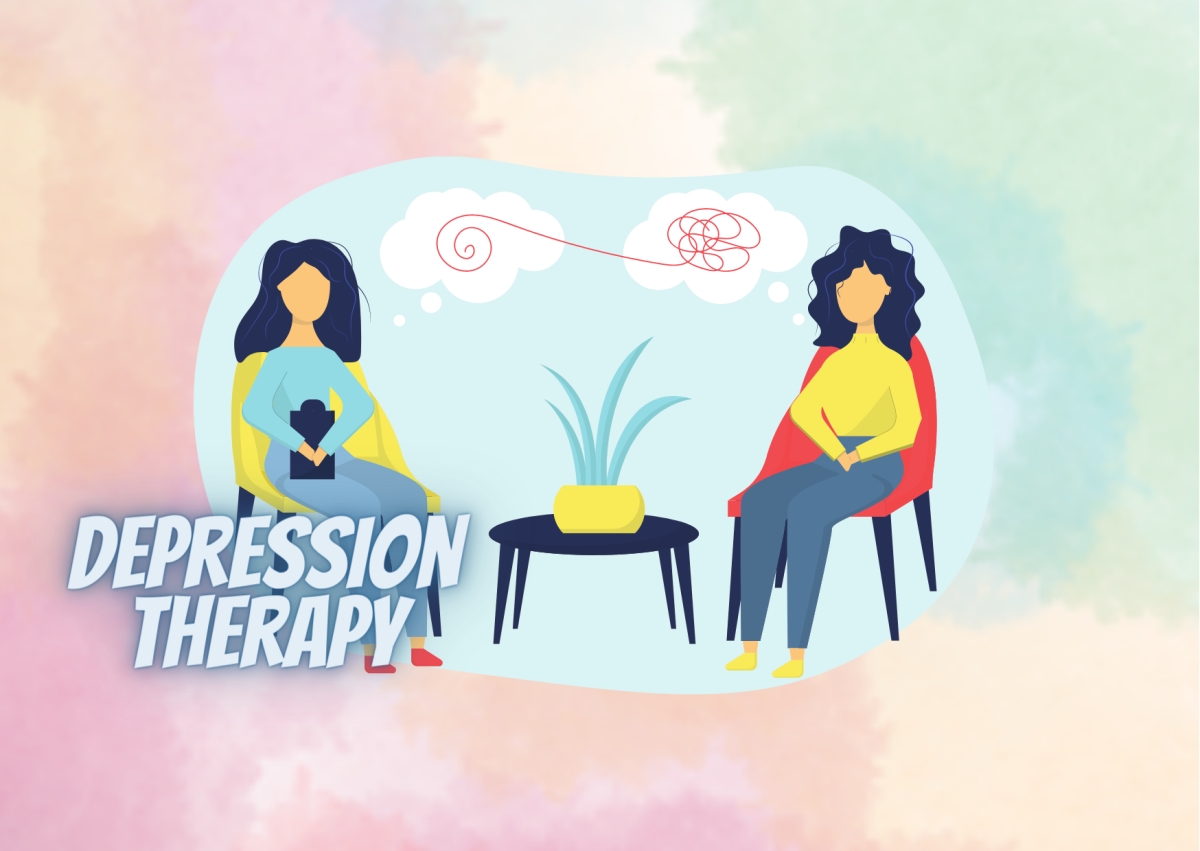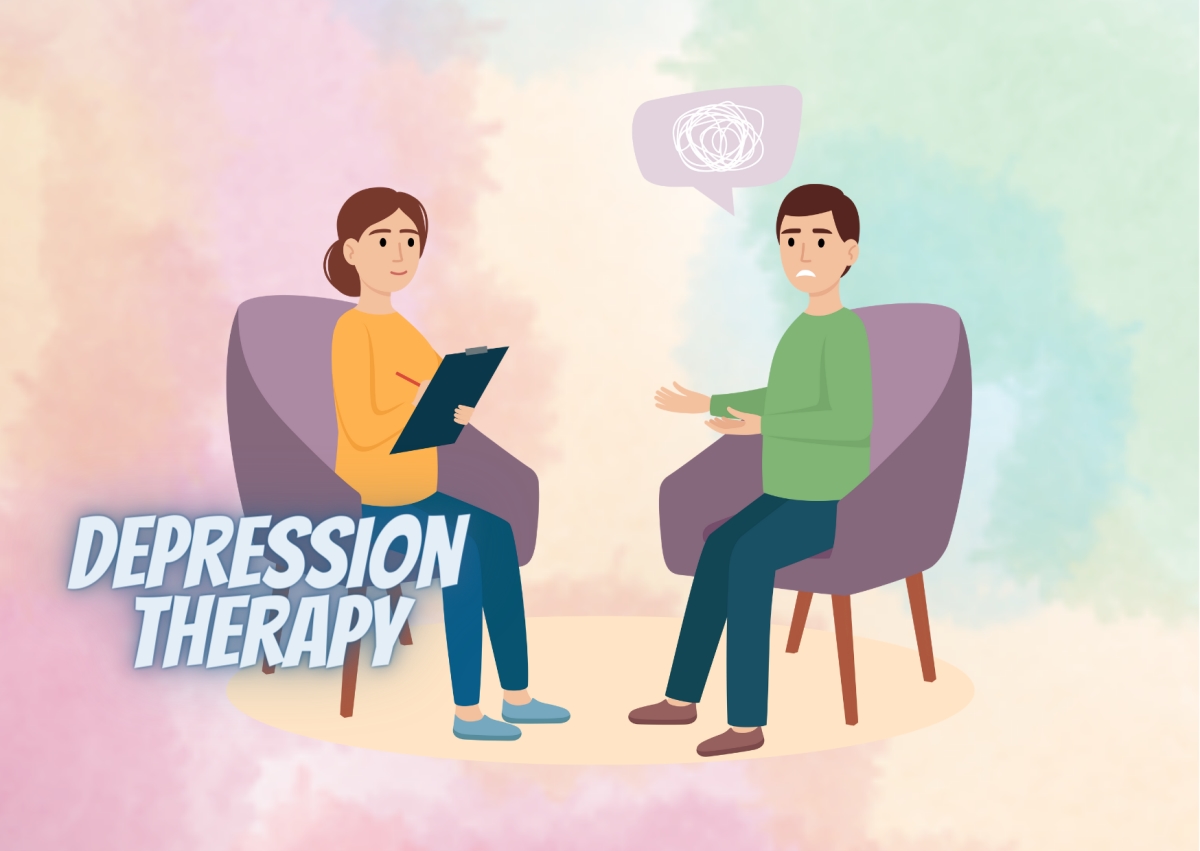Indications That You May Need Depression Therapy
Knowledge of depression treatments is crucial now more than ever. Depression is a crippling psychological health condition that affects millions of people worldwide. It can impede daily tasks and affect interpersonal relationships, professional performance, and general well-being. While some people may be able to manage minor depression by taking care of themselves and making lifestyle changes, other people might require expert medical assistance to get through their symptoms and make a full recovery with Depression Therapy.
This article will cover a variety of topics including depression, its symptoms and causes, potential treatments, and more.
What is Depression
Changes in attitude, thought, behavior, and physical health are all signs of depression, an emotional disease. Generally speaking, it is believed to be the result of a combination of genetic, ecological, and biochemical influences. Depression has been related, on a physiological level, to abnormalities in neurotransmitters, particularly serotonin and norepinephrine, which regulate mood and behavior.
This difference may alter how the brain functions and promote the development of depression. Further research is required to fully understand this complex illness because the particular mechanisms underlying depression are not yet fully understood.
Yet, it is generally understood that depression is a curable condition, and symptoms can be reduced with a combination of psychotherapy and medicine.
Major Depressive Disorder (MDD) Signs and Symptoms
Depression, often known as Major Depressive Disorder, is a serious and common mental condition. It can be identified by persistent emotions of hopelessness, despair, and loss of interest for once-rewarding activities. MDD can affect a person’s thoughts, feelings, behavior, physical health, as well as their ability to carry out daily tasks. A few typical signs of MDD include:
- A sense of pessimism or melancholy;
- A decline in interest in once-enjoyed activities
- Loss or gain of weight
- Changes in sleeping patterns
- Fatigue
- Feelings of guilt or worthlessness
- Trouble concentrating or making decisions
- Suicide ideation
The signs of MDD should be understood to vary from person to person and to alter with time.

